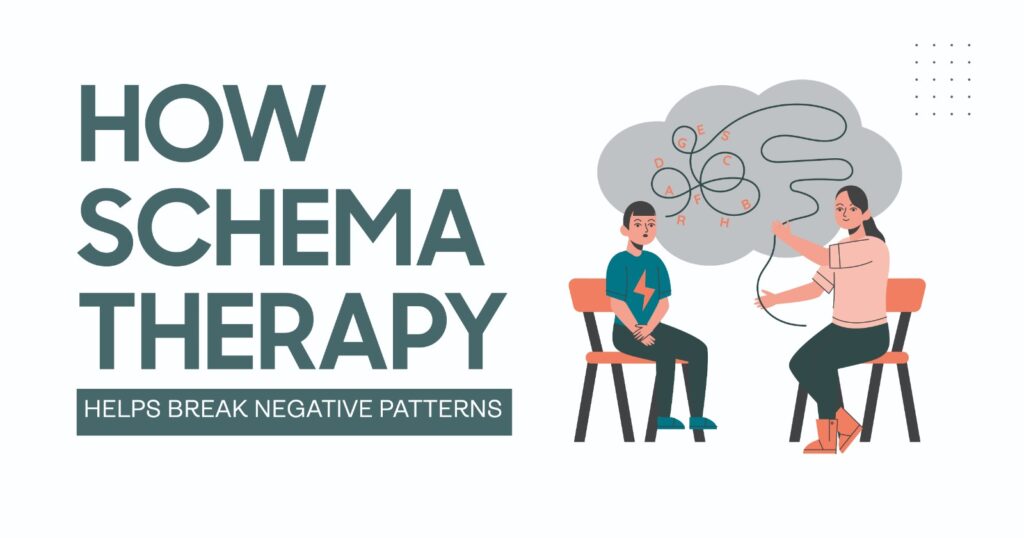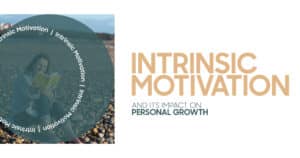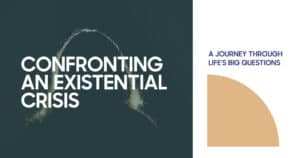Negative patterns of thinking and behavior can significantly impact our well-being, often stemming from unmet emotional needs during childhood. Schema Therapy offers a comprehensive approach to identifying and transforming these deep-seated patterns, promoting healthier mental and emotional functioning.
Understanding Schema Therapy
Developed by Dr. Jeffrey Young, Schema Therapy integrates elements from cognitive-behavioral therapy (CBT), psychoanalysis, attachment theory, and emotion-focused therapy. It aims to address and modify early maladaptive schemas—persistent, self-defeating patterns of thinking, feeling, and behaving that originate in childhood.
Identifying Early Maladaptive Schemas
Schemas are deeply ingrained patterns formed in response to unmet core emotional needs during early development. These schemas can lead to dysfunctional coping mechanisms and behaviors in adulthood. Common schemas include:
- Abandonment/Instability: A pervasive fear of being abandoned or not receiving consistent support.
- Mistrust/Abuse: An expectation that others will harm, abuse, or take advantage.
- Emotional Deprivation: The belief that one’s emotional needs will not be adequately met by others.
- Defectiveness/Shame: A feeling of being fundamentally flawed or unworthy of love.
- Social Isolation/Alienation: A sense of being isolated from the rest of the world.
Recognizing these schemas is the first step toward change.
The Role of Coping Styles
In response to activated schemas, individuals often develop coping styles:
- Surrender: Yielding to the schema, leading to behaviors that reinforce it.
- Avoidance: Steering clear of situations that might trigger the schema.
- Overcompensation: Acting in opposition to the schema, often in extreme ways.
These coping mechanisms, while protective in childhood, can perpetuate negative patterns in adulthood.

Schema Modes: States of Mind
Schema modes are momentary mind states encompassing active schemas and coping styles. They include:
- Child Modes: States reflecting unmet needs, such as the Vulnerable Child or Angry Child.
- Dysfunctional Coping Modes: Responses like the Detached Protector or Overcompensator.
- Dysfunctional Parent Modes: Internalized critical or demanding parental voices.
- Healthy Adult Mode: The goal of therapy, representing a balanced and adaptive state.
Understanding and managing these modes is crucial for breaking negative patterns.
Techniques in Schema Therapy
Schema Therapy employs various techniques to transform negative patterns:
- Cognitive Strategies: Challenging and reframing distorted beliefs associated with schemas.
- Experiential Techniques: Engaging in imagery exercises and role-playing to process and heal emotional wounds.
- Behavioral Pattern-Breaking: Developing and practicing new, healthier behaviors to replace maladaptive ones.
- Limited Reparenting: The therapist provides a corrective emotional experience, addressing unmet childhood needs within professional boundaries.
These interventions work synergistically to promote healing and foster healthier patterns.
Benefits of Schema Therapy
By addressing the root causes of negative patterns, Schema Therapy offers several benefits:
- Deep Healing: Targets foundational issues rather than surface-level symptoms.
- Improved Relationships: Enhances interpersonal dynamics by resolving underlying schemas.
- Empowerment: Equips individuals with tools to meet their emotional needs adaptively.
- Long-Term Change: Promotes enduring transformation by altering core patterns.
This comprehensive approach leads to meaningful and lasting improvements in mental health.

Conclusion
Schema Therapy provides a robust framework for understanding and breaking negative patterns rooted in early experiences. By identifying maladaptive schemas, addressing dysfunctional coping styles, and cultivating a Healthy Adult mode, individuals can achieve profound and lasting change. Engaging with a qualified schema therapist can facilitate this transformative journey toward a healthier, more fulfilling life.







